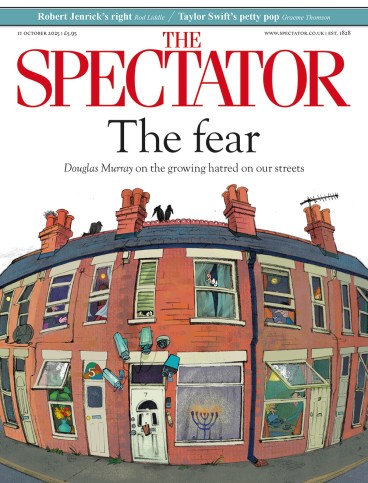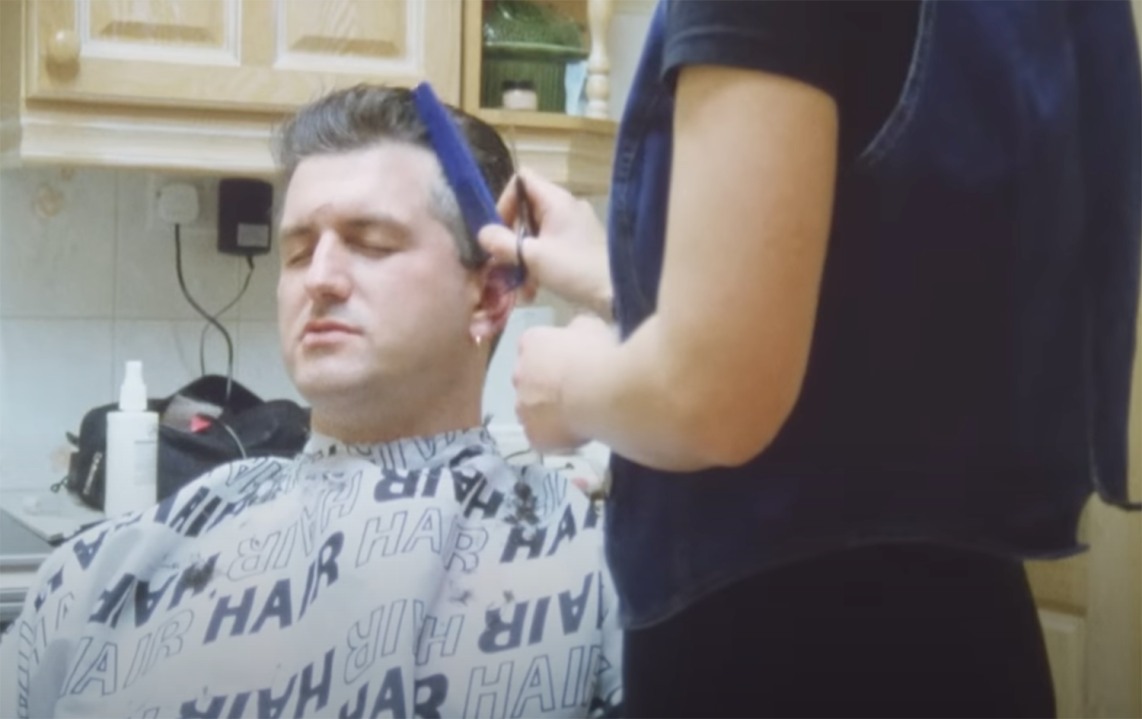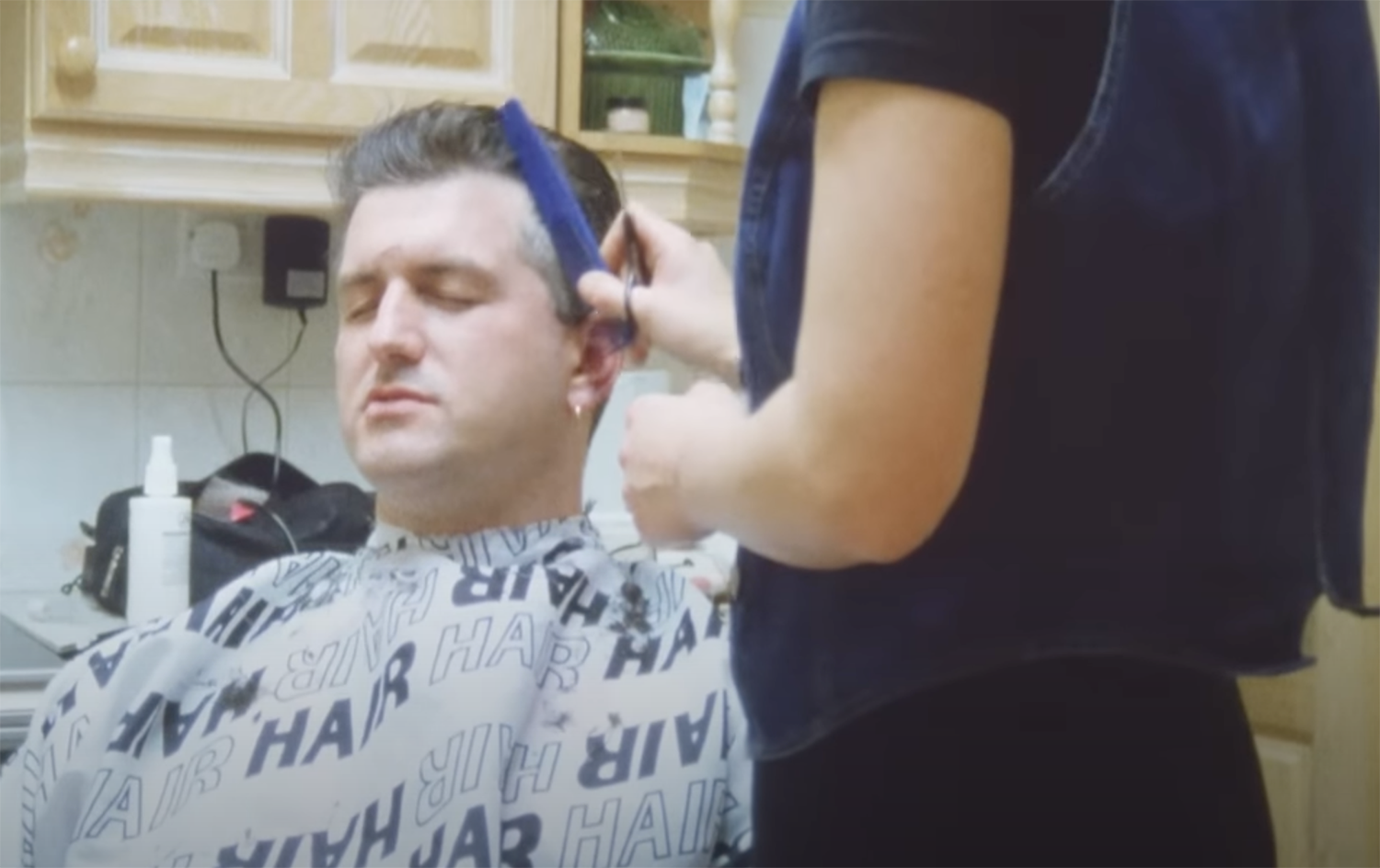
Oh, how we lived. Or, how we thought we lived. Despite the numerous criticisms levelled at the BBC on a daily basis, the BBC Archive YouTube channel is one aspect of its work that cannot be faulted. It is a fascinating collection of broadcast material going back many decades, a portal into Britain’s past presented in film grain-soaked HD. A sobering reminder of what the BBC once was – and what it no longer dares to be.
Much of it is made up of documentaries, many aspects of which will be peculiar to millennials and Gen Z. The form is strange: long, single-camera shots of people talking in living environments. Bathrooms, kitchens, workplaces, streets. Living spaces are as they would be on any day of the week. Workplace neon, living-room lamps. Light and shade. Grey-slate British gloom. No glam.
The most unfamiliar element is the audio landscape. Stripped of any narration or music, the sounds of streets and voices dominate. The circus music and sneering narration of modern documentary productions are absent.
This form of documentary making is cinéma vérité, truth cinema. It operates on a simple philosophy: life should be shown, not told. It is what it is. No bells, no whistles. Reality TV hides under the mask of this noble tradition; truths baked in lies.
Recently, the archive uploaded Mart and Mandy (1993), a documentary centred on the eponymous Mart, a car salesman, and his girlfriend Mandy, a hairdresser from Southend. Mart’s business is struggling. He could sell cars in his sleep during the Thatcher years, but the early-1990s recession hit hard. He hasn’t sold a car for several silent days on his used-car lot. Mandy wants to marry him, admitting that she had once even proposed. Mart isn’t interested. Mart sits, towel around his neck, as Mandy cuts his hair; the razor buzzes.
‘We’ve gone downhill since we’ve been in the EC, haven’t we?’ he says.
He smiles.
‘Like, we can’t have a crooked cucumber, and things like that. How crazy. And making fishermen wear little nets on their heads. It’s pathetic, isn’t it, really?… Why should you have some little foreigner telling us what to do? He doesn’t know our country, does he? He knows his own country, let him do his own country.’
The BBC Archive YouTube channel is a sobering reminder of what the BBC once was
In today’s hyper-mediated climate, such a remark would likely trigger swift condemnation on social media and in op-eds alike. The BBC would be scrutinised for platforming him.
And then, like an oracle, Mart says: ‘I think if the average man in the street was to vote properly on it, I don’t think we’d be in Europe.’
In hindsight, his offhand lament about the EU revealed a sentiment many Britons shared and one that would resurface decades later in a seismic political event. It is an extraordinary moment in the documentary. A sentiment dismissed as pub talk at the time, yet prophetic, spoken not by a politician but a struggling Essex car salesman. That is the power of cinéma vérité.
Once a staple of the BBC’s approach to public storytelling, it has all but vanished. The corporation has not created a documentary in this style since 2012’s The Estate. To do so today would be unthinkable. The Louis Theroux-isation of documentary filmmaking is long complete. Today’s BBC documentaries focus on the most extreme subjects and personalities, unrepresentative of the general population. Reality curated. Strawman exalted. The thoughts and feelings of the working class, if they are spoken to at all, warped by narrators and music. Ideological direction replaces observation, filtering raw experience through the lens of acceptable narrative.
If a documentary has an aim, it should be for the truth of its subject. Anything else is at best entertainment and at worst propaganda. What we meet today is a turgid synthesis of these forms: a Frankenstein’s monster of propatainment, overshadowed by its message, inferior to pure entertainment, and so on-the-nose that it even makes for lousy propaganda.
If the BBC is ever to regain respect, it must once again risk the discomfort of truth. It should dare to broadcast, without moral scaffolding, and reflect Britain in a barbershop mirror, without resorting to the carnivalesque.








Comments